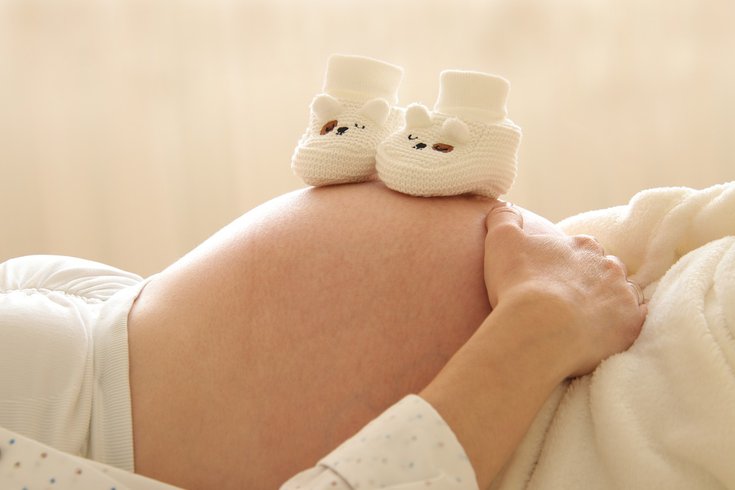
November 10, 2021
 Marjon Besteman/Pixabay
Marjon Besteman/Pixabay
For now, the American College of Obstetricians and Gynecologists says that it remains the standard of care for pregnant women with a history of preterm birth.
A drug given to high-risk pregnant women to prevent premature birth may increase the risk of cancer in the women's children, a new study suggests.
The drug hydroxyprogesterone caproate, a synthetic progestogen, was frequently used by women to prevent miscarriages in the 1950s and 1960s, but is still prescribed today under the trade name Makena to help prevent preterm birth.
Progesterone plays an important role in the early stages of pregnancy and prevents early contractions that may lead to preterm birth.
For years, there have been repeated concerns about the safety and efficacy of the drug, but conflicting clinical evidence has left doctors with no clear answers.
Early studies showed promising results. A 2003 National Institutes of Health study of more than 450 women in the U.S. found that about 37% of the participants who had taken the drug had given birth before 37 weeks, compared with 55% of the women who were given a placebo. There were no major safety concerns observed.
However, a more recent randomized clinical trial conducted by the drug's manufacturer, AMAG Pharmaceuticals, Inc., determined that it does not reduce the risk of preterm birth and therefore has no real benefit.
While none of these studies showed significant major adverse events, an increase in cancer diagnoses has been associated with exposure to the drug in utero.
In a recent study, children exposed to this drug while in the womb had more than twice the rate of cancer across their lifetime compared to the other children.
The researchers analyzed data on more than 18,751 live births and found that 1,008 cancer diagnoses were made in offspring between the ages 0 to 58. More than half of the cancers were detected in adults younger than 50.
Caitlin C. Murphy, associate professor in the Department of Health Promotion and Behavioral Sciences at the University of Texas Health School, said that certain types of cancers have been increasing in people born since the 1960s, and the reasons why are not really clear.
She said the study shows an association between the drug and an increased cancer risk, but that it was not designed to prove if and how it directly increases the risk.
She and her colleagues theorize that hydroxyprogesterone caproate interferes with hormonal activity during early fetal development, which may lead to cancer later in life.
The U.S. Food and Drug Administration recommended in October 2020 that Makena be withdrawn from the market, yet no official mandate has been issued. For now, the American College of Obstetricians and Gynecologists say that it remains the standard of care for pregnant women with a history of preterm birth.
If the FDA does eventually mandate its removal, all generic versions of the drug will also be pulled, according to NPR. Some medical experts are concerned that this will leave pregnant women with no way to treat premature labor, while others point out that versions of the drug's active ingredient will still be available.
Preterm birth remains the leading cause of infant mortality and disabilities in the United States.
The study was published in the American Journal of Obstetrics and Gynecology, and included data from the Kaiser Foundation Health Plan on women who received prenatal care between June 1959 and June 1969, and from the California Cancer Registry which has followed offspring through 2019.